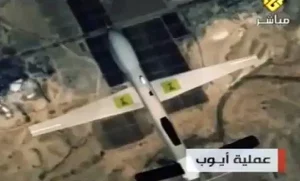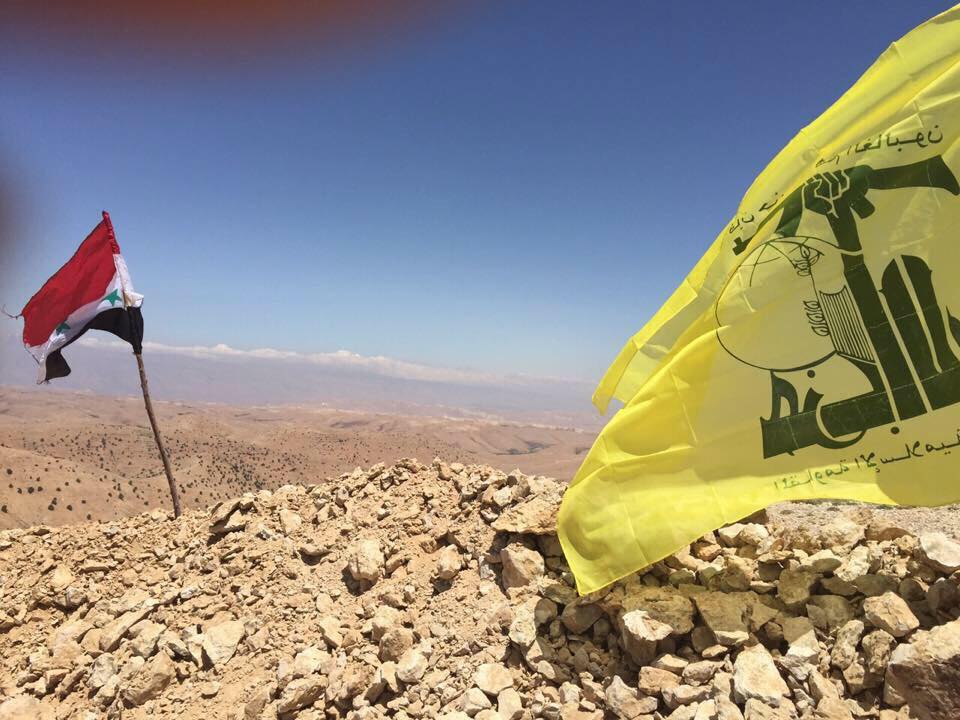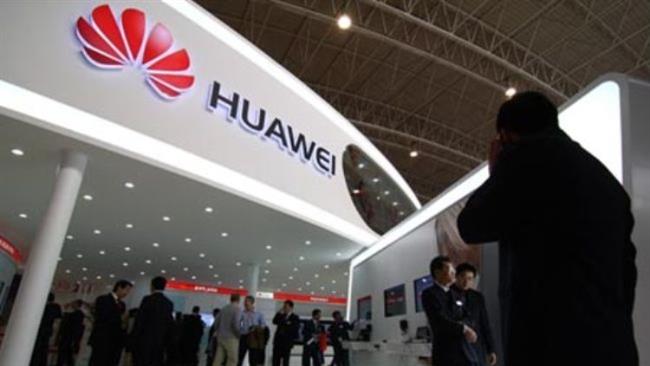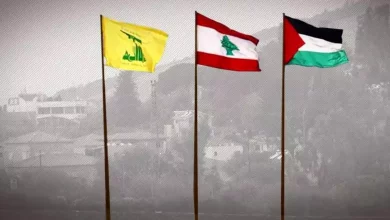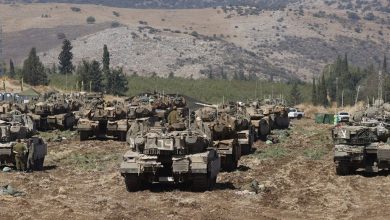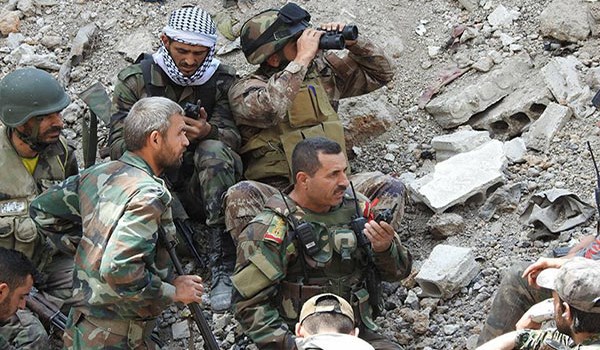Drones among most important weapons resistance owns: Hezbollah official
Hezbollah's Liaison and Coordination Chief Wafiq Safa has said that drones are one of the most important weapons the resistance movement owns today.
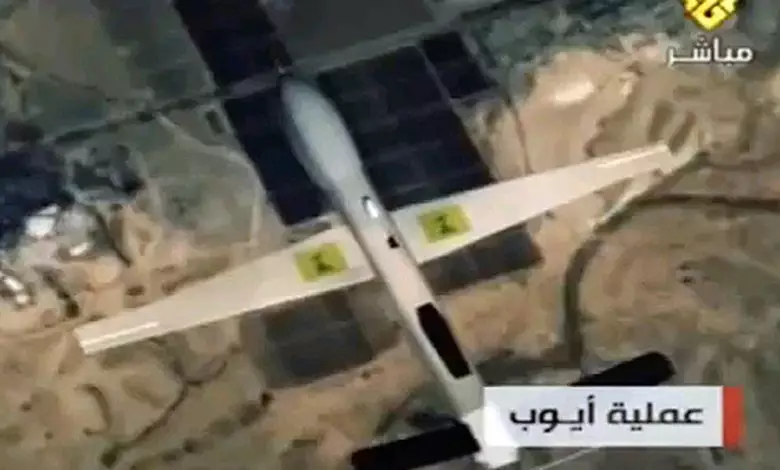
In an interview with al-Nour radio station in Lebanon, Safa noted that these drones have proved effective in the case of the maritime borders demarcation.
“The process of demarcating the maritime borders constituted liberation [to Lebanon], and the drones constituted a serious tool in this file,” he told the radio station.
Safa also pointed out to the fact that “drones have become the most powerful weapon in the region today,” underscoring “these weapons have become one of the important arms the resistance owns.”
Lebanon’s Hezbollah resistance movement confirmed in July that it flew three unarmed drones towards the Karish gas field in the country’s territorial waters, sending a message to the Israeli regime. Following the statement, Sheikh Nabil Qaouk, a top member of the executive council of Hezbollah, said the operation conveyed a message at the appropriate place and time and had a quick effect.
Qaouk explained that the “drones plunged the Israeli enemy into new equations and calculations, and the post-drones period does not resemble the pre-drones one.”
According to Hezbollah, the resistance group is a strategic national treasure that protects the Arab country and preserves its riches and glory.
Earlier in June, Hezbollah warned that it was “ready” to take action if the Lebanese government confirms that Israel is violating the country’s maritime rights.
Lebanon and the occupying regime are technically at war, since Tel Aviv has kept the country’s Shebaa Farms under occupation since 1967. Lebanon fought off two Israeli wars in 2000 and 2006. On both occasions, battleground contribution by its Hezbollah resistance movement proved an indispensable asset, forcing the Israeli military into retreat.
Lebanon and the Israeli regime carried out five sessions of indirect talks on the demarcation of maritime borders starting 2020, with the latest round held in May 2021. Since the negotiations kicked off, Hezbollah declared that extraction of gas from offshore Karish gas field without guarantees to Lebanon that it will be able to explore and extract its maritime resources is a red line.
On 27 October, Lebanon and Israel separately signed the US-brokered deal.
